Latest News
Taliban shows willing-signs to get along with India
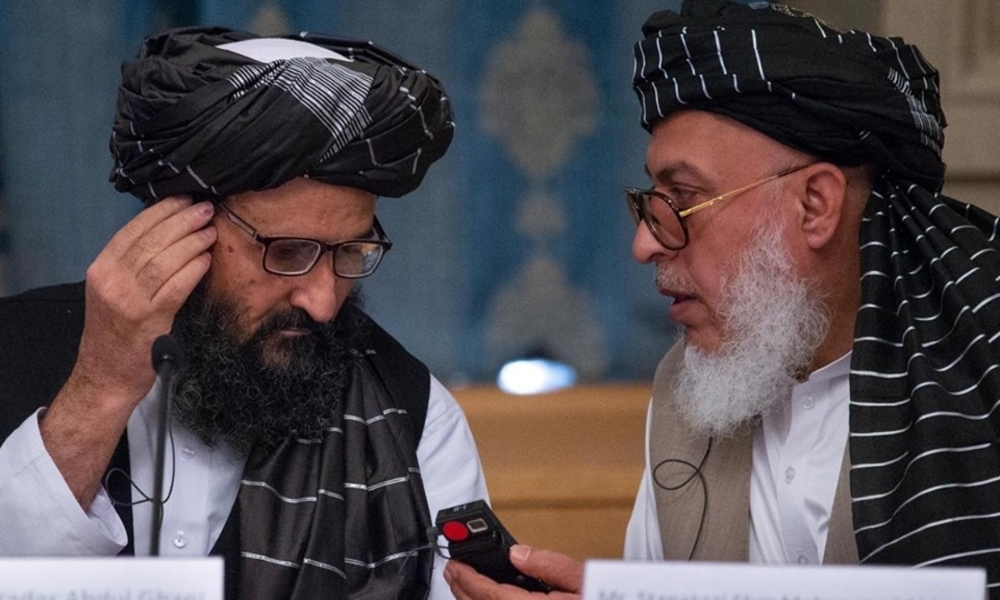
Shir Mohammad Abbas Stanikzai, a prominent member of the political office the Taliban in Qatar, told Ariana News that as soon as Delhi contributed positively to the Afghan peace process, the Taliban were ready to get along.
Since the start of the talks between the United States and the Taliban in 2019, many countries, including Russia, China, Pakistan, Iran, and some Central Asian countries, have approached the Taliban representatives, except for India.
The United States has recently poked India to participate in the process. The Taliban have also welcomed it, saying it is conditional of a positive move by the India side.
Responding to the question ‘if the Taliban were willing to talk to India as part of the US efforts’, the group’s prominent member Stanikzai said, “We have no problem with anyone who wants to take a positive step towards peace in Afghanistan. Whenever they want to take a positive step in this regard, we are ready to talk with them for peace.”
Zalmay Khalilzad, the US special representative for reconciliation in Afghanistan, has said India was an important element in Afghanistan’s peace process and would welcome its involvement in it
In the meantime, ThePrint, an Indian digital news platform, has written that it was not expected that the Narendra Modi administration would change its position and be directly part of Afghanistan’s peace talks with the Taliban unless it derives from pressure by the United States.
It has quoted senior Indian officials as saying that New Delhi was willing to speak out if the Taliban recognized the democratic government – the Afghan government – and that the United States was now forcing India to take part in the Afghan peace talks.
An Afghan free journalist, Sami Yousufzai, who is mostly following the peace process and its events, believes that India is deeply concerned about the Taliban’s return to the Afghan political system.
“It is a fact that during the Taliban regime, thousands of Kashmiri jihadist fighters were active in Afghanistan.” He has said noting that when the United States sought a guarantee from the Taliban that there would be no more room for al-Qaeda or other groups that pose a threat to the United States and the West, India also wanted to receive a commitment from the Taliban as such.
On the other hand, according to Yousufzai, Zalmay Khalilzad has tried to share India’s concerns with the Taliban, which seems to be fruitful as a relationship seems to have taken birth between the Taliban and India.
The progress in the Afghan peace talks has shown that Pakistan has influence over the Taliban and is a key player in the process.
India, on the other hand, had no place in the process but has now made it clear that at the other end of the process – the Afghan government – it has a strong position in relation to the Ghani-led government.
Ahmad Saeedi, a former diplomat at the Afghan embassy in Pakistan, said that following the US-Taliban agreement, [India] was deeply concerned thinking that all the provisions of the agreement were in Pakistan’s interest; therefore, Zalmay Khalilzad has been trying to seek India’s satisfaction to step into negotiations with the Taliban.
So far, India has not yet announced its will for direct talks with the Taliban; however, a point to be noted is that after meeting with Indian officials, Zalmay Khalilzad traveled to Pakistan and met with Qamar Bajwa, Pakistani army’s chief of staff, to seek Islamabad’s support in speeding up starting the Intra-Afghan talks, reducing violence, and overall, to help take the Afghan peace process to next level.
Khalilzad travels to Qatar to meet with Taliban political representatives, following up on his agenda: the acceleration of government-Taliban prisoner releases, the immediate start of Intra-Afghan talks, the reduction of violence, the humanitarian ceasefire, and last but not the least, India’s participation in the peace process.
Latest News
Ministries of Public Health and Higher Education sign cooperation agreement
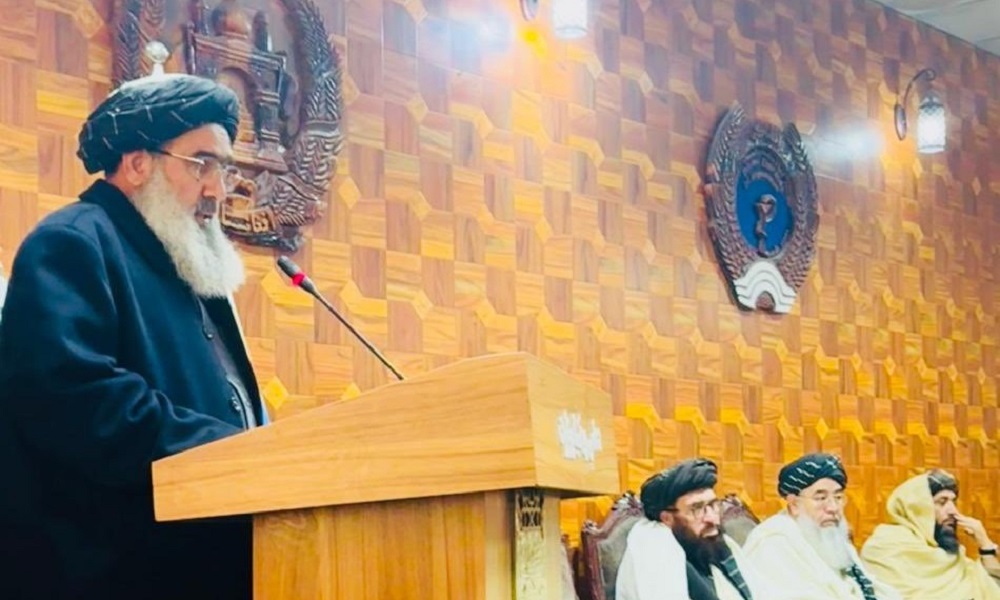
The Ministry of Public Health announced on Tuesday it has signed a cooperation agreement with the Ministry of Higher Education aimed at expanding scientific, research, educational, and technical cooperation.
At the signing ceremony held in Kabul, Noor Jalal Jalali, Minister of Public Health, said that the agreement would lead to significant improvements in the capacity-building of students and doctors, ensure that research is conducted based on evidence, and enable the collection of accurate data.
Meanwhile, Neda Mohammad Nadeem, Minister of Higher Education, described the agreement as beneficial to the public and to both institutions, stressing the need to train individuals at universities who can contribute to social development and make the country self-sufficient in the public health sector.
Latest News
UNAMA holds new round of Working Group meetings on counter-narcotics and private sector
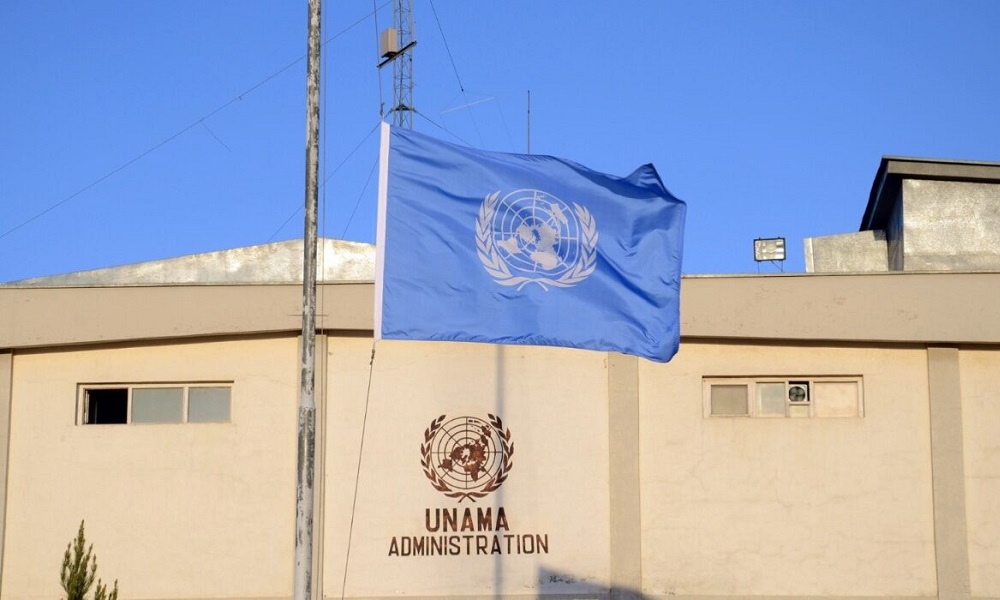
The United Nations Assistance Mission in Afghanistan (UNAMA) has convened a new round of Doha Process Working Group meetings focusing on counter-narcotics and private sector development.
The meetings, held in Kabul on February 3 and 9, brought together representatives of UN member states and international organizations, officials of the Islamic Emirate, and subject-matter experts.
According to UNAMA, discussions in the counter-narcotics working group centered on efforts by Islamic Emirate authorities and the international community to support alternative livelihoods for Afghans previously dependent on poppy cultivation and the illicit opium trade. Participants also reviewed drug-use prevention and treatment initiatives, as well as law-enforcement measures to curb narcotics production and trafficking.
The private sector working group focused on job creation and entrepreneurship, with particular attention to women’s participation in the private sector, market integration, access to finance, and the development of private banking and financial infrastructure.
UNAMA said both working groups identified priority areas for enhanced engagement and explored more effective and sustainable approaches to supporting Afghan men and women. Participants also examined the linkages between the two areas, noting that private sector development is a key source of livelihoods, while counter-narcotics efforts contribute to Afghanistan’s economic and social stability.
The working groups were established following the third Meeting of Special Envoys held in Doha, Qatar, in June and July 2024, in line with recommendations of the Independent Assessment endorsed by the UN Security Council. The process aims to promote more coherent, coordinated, and structured engagement with Afghanistan’s de facto authorities for the benefit of the Afghan people.
UNAMA added that stakeholders engage in the working groups on an ongoing basis, with full-format meetings convened periodically. Since their establishment, the groups have improved information-sharing, helped mobilize additional resources, and facilitated expert exchanges to strengthen support for the Afghan people.
Latest News
Economic Commission approves national policy for development of agriculture

At a regular meeting of the Economic Commission chaired by Mullah Abdul Ghani Baradar, Deputy Prime Minister for Economic Affairs, the National Policy for the Development of the Agriculture and Livestock Sector was approved.
According to a statement from the deputy PM’s office, the key objectives of the policy include the mechanization of the agriculture and livestock sector; development of agricultural, irrigation, and livestock research and extension systems; management of irrigation systems; support for investment in these sectors; and ensuring public access to high-quality agricultural and animal products.
During the same meeting, the development plan for the fish farming sector was also approved.
Under this plan, through private sector investment, 7,700 small, medium, and large fish production and farming facilities will be established on 6,500 hectares of land in various parts of the country.
The statement added that the implementation of this plan will create direct employment opportunities for 50,000 people and indirect employment for 250,000 others.
-

 Latest News3 days ago
Latest News3 days agoAfghanistan to grant one- to ten-year residency to foreign investors
-

 Sport4 days ago
Sport4 days agoIndonesia shock Japan to reach historic AFC Futsal Asian Cup final
-

 Sport3 days ago
Sport3 days agoIran clinch AFC Futsal Asian Cup 2026 in penalty shootout thriller
-

 Latest News3 days ago
Latest News3 days agoAfghanistan says Pakistan is shifting blame for its own security failures
-

 International Sports2 days ago
International Sports2 days agoWinter Olympics gain momentum as medal table takes shape
-

 Latest News3 days ago
Latest News3 days agoTraffic police receive new cars
-
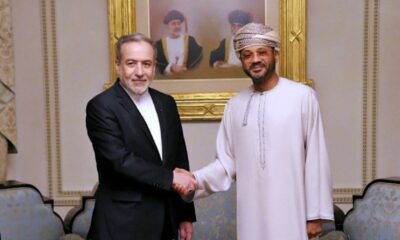
 Regional4 days ago
Regional4 days agoIran’s FM calls Oman-mediated talks with US ‘good start’
-
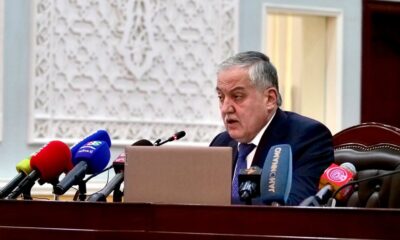
 Latest News2 days ago
Latest News2 days agoTajik foreign minister urges international community to help Afghanistan address its challenges
























